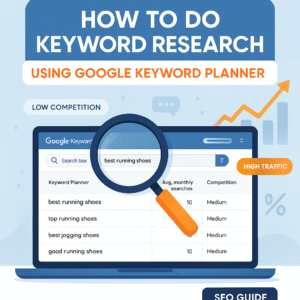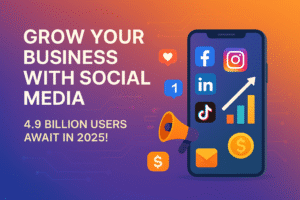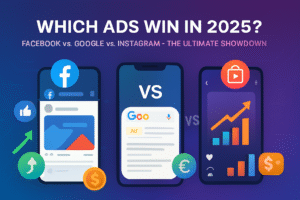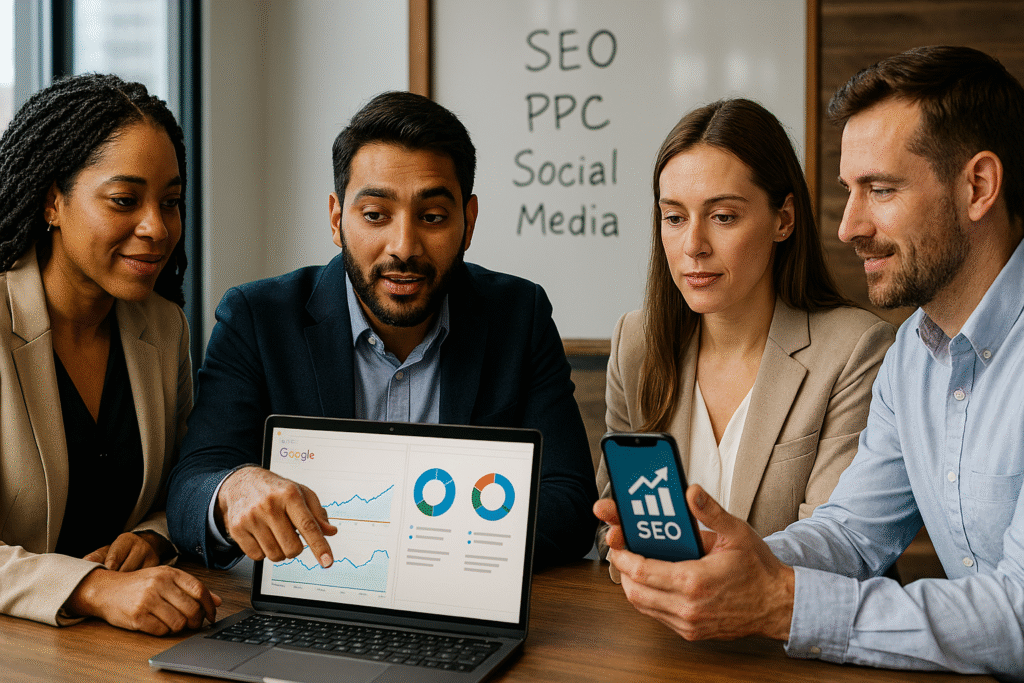
Introduction
Digital marketing has revolutionized how businesses connect with customers. Unlike traditional marketing methods like print ads or billboards, digital marketing uses online channels to promote products and services. In today’s internet-driven world, having a strong digital presence isn’t just beneficial – it’s essential for survival.
With more than 5.3 billion people using the internet globally, digital marketing offers unprecedented opportunities to reach your ideal customers. Whether you run a small local shop or a multinational corporation, understanding digital marketing can help you attract more customers and grow your business.
Why Digital Marketing Matters
Digital marketing offers several advantages over traditional marketing:
- Cost-Effective: Online campaigns often cost less than TV or print ads while delivering better results.
- Targeted Advertising: You can show your ads to specific demographics based on age, location, interests, and more.
- Measurable Results: Tools like Google Analytics let you track exactly how many people see and interact with your content.
- Global Reach: A small business can attract customers worldwide without expensive international campaigns.
- 24/7 Availability: Your digital storefront never closes, allowing customers to engage anytime.
Key Types of Digital Marketing
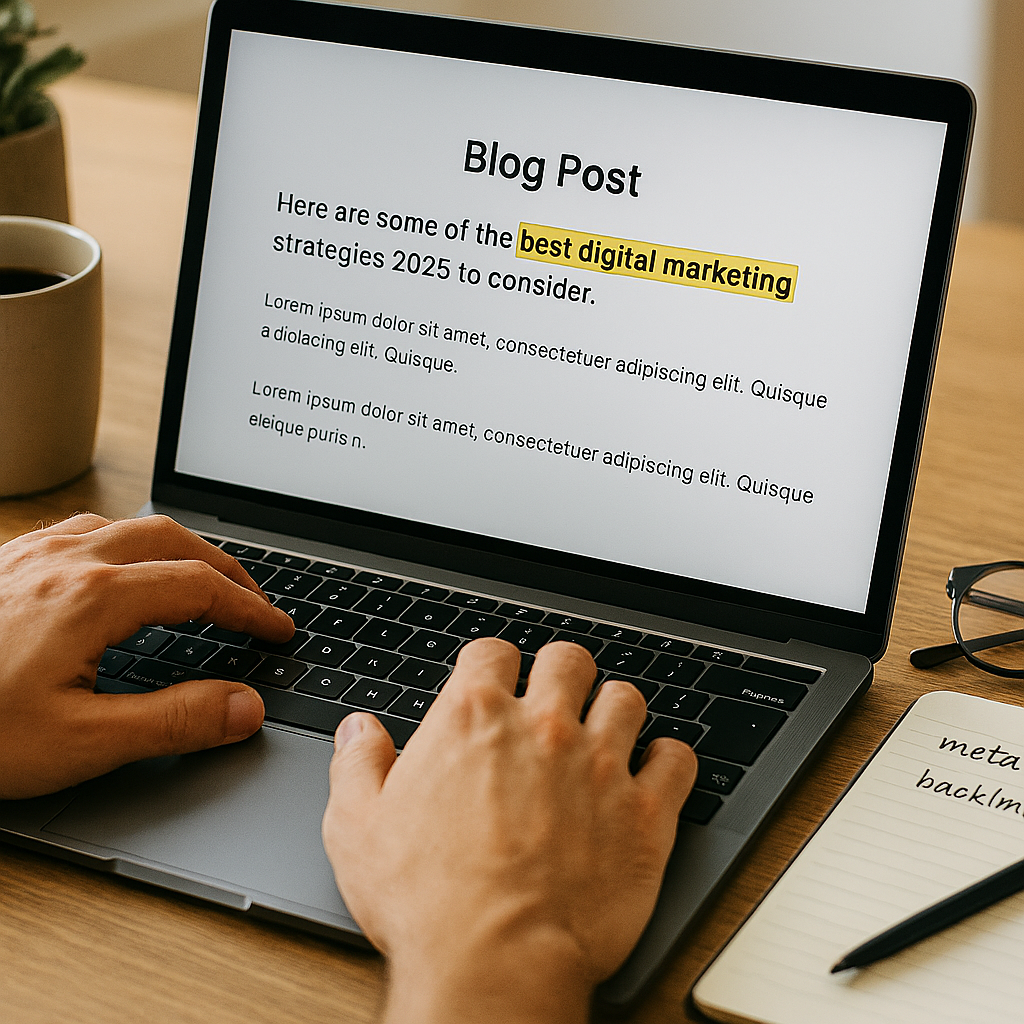
Search Engine Optimization (SEO)
SEO helps your website rank higher in search engine results. When someone searches for products or services you offer, good SEO ensures they find your business first. Effective SEO involves:
- Researching relevant keywords
- Optimizing website content and structure
- Building quality backlinks
- Improving page loading speed
Social Media Marketing
Platforms like Facebook, Instagram, and LinkedIn allow businesses to:
- Build brand awareness
- Engage directly with customers
- Drive traffic to their website
- Generate leads and sales
Pay-Per-Click Advertising (PPC)
PPC ads appear at the top of search results and on social media. You only pay when someone clicks your ad, making it a cost-effective option. Google Ads and Facebook Ads are popular PPC platforms.
Content Marketing
This strategy focuses on creating valuable content (blogs, videos, infographics) that attracts and retains customers. Great content establishes your authority and keeps customers engaged with your brand.
Email Marketing
Despite newer channels, email remains one of the most effective digital marketing tools. Personalized emails can nurture leads, announce promotions, and keep customers coming back.
Affiliate and Influencer Marketing
Partnering with influencers or affiliates helps amplify your reach. These partners promote your products to their followers in exchange for commissions or fees.

Video Marketing
With platforms like YouTube and TikTok growing rapidly, video content has become crucial for engagement. Videos can demonstrate products, share testimonials, or provide valuable information.
Getting Started with Digital Marketing
- Set Clear Goals: Determine what you want to achieve – more website visitors, leads, or sales.
- Know Your Audience: Research their demographics, interests, and online behavior.
- Choose the Right Channels: Focus on platforms where your target customers spend time.
- Create Quality Content: Develop material that educates, entertains, or solves problems for your audience.
- Analyze and Improve: Regularly review your performance metrics to refine your strategy.
Conclusion
Digital marketing levels the playing field, allowing businesses of all sizes to compete effectively. By understanding and implementing the right digital marketing strategies, you can increase your visibility, attract more customers, and grow your business sustainably.
Ready to boost your online presence? Start implementing these digital marketing strategies today!

